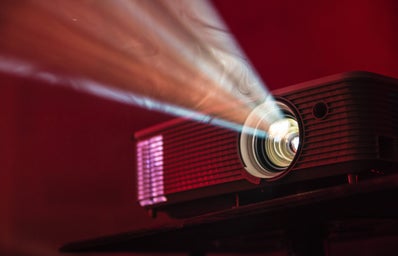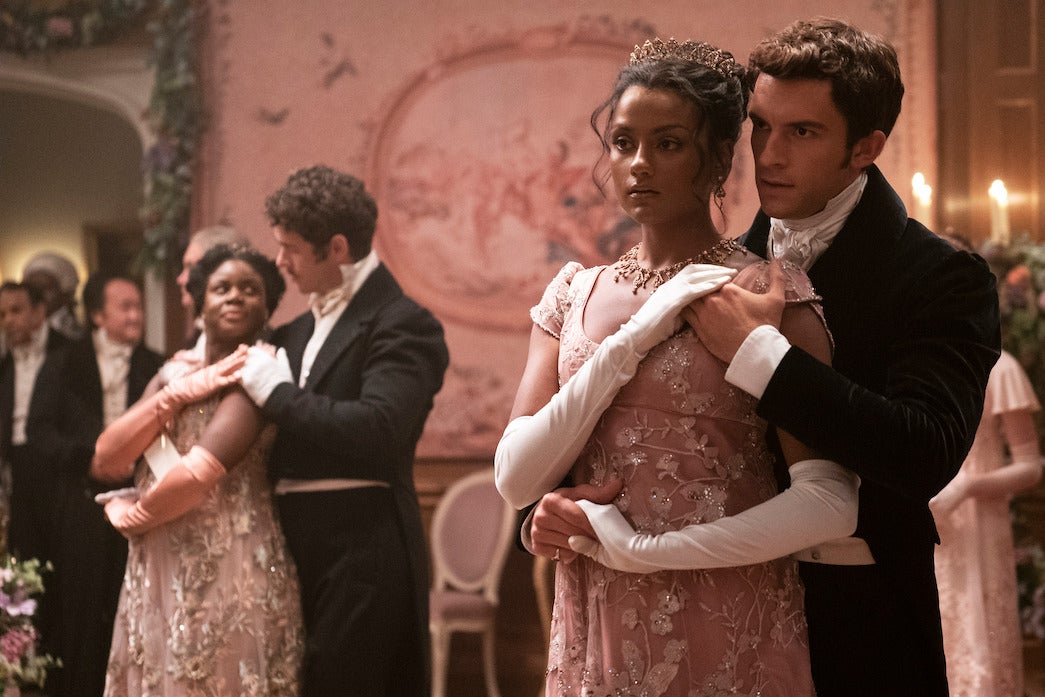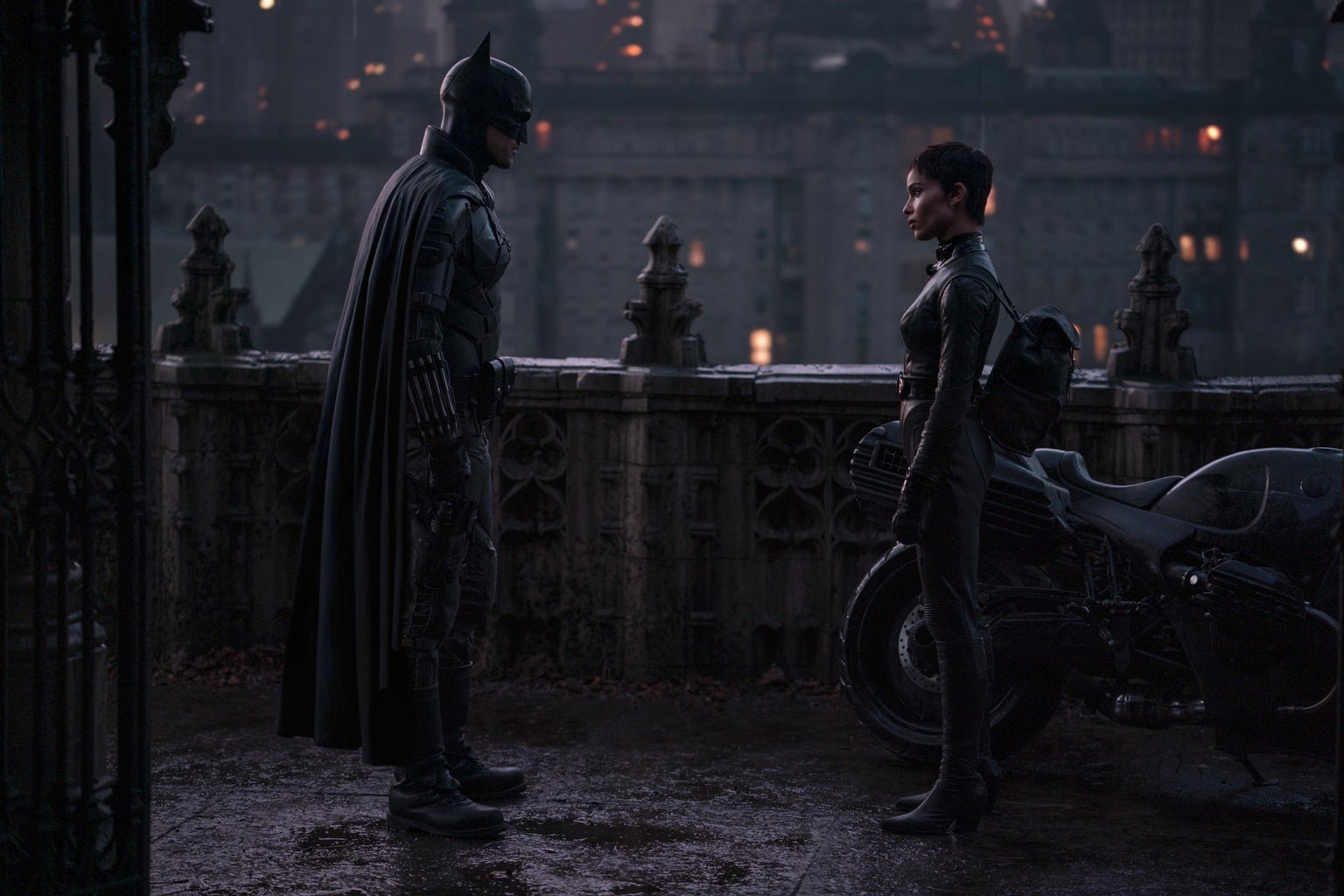Last weekend, I spent virtually all of my time confined in my dorm room preparing for an interview—except on Sunday, for a short break, when I went to go see the new Doctor Strange film. For two hours, I watched the titular superhero battle it out against a variety of mystical forces and magical beings before taking the Link back to campus and returning to regular life. And although I had been feeling tired and overworked, my mood was improved by this small dose of escapism.
Escapist media is generally defined as something that makes viewers think about enthralling things instead of ordinary life and mundane reality. It’s a broad definition, and can apply to everything from high-level fantasy to reality TV.
We’ve supposedly been in a “Golden Age of Television” since around the late ‘90s. In the 2000s to 2010s, grittier entertainment that focused on complex characters and plots (think Breaking Bad and Mad Men) garnered attention and awards. The demand for entertainment only increased with the influx of streaming over the past decade, and streaming services are constantly churning out new content in an effort to attract the eyes of potential viewers. But in recent years, the darkness of past entertainment has faded, and new, shinier media has stepped into the spotlight.
Psychological studies have shown that watching escapist shows too much negatively impacts mental health, but tuning in for a little bit is correlated with lower levels of stress. They key is using it intentionally.
Why do we like escapist TV? One reason is because it bends the rules of logic. Admittedly, I have binge-watched all of Emily in Paris, in which an American marketing exec (who doesn’t speak French) goes to France, presents her apparently “fresh” ideas, and is commended for her brilliance. This unrealistic ease is also part of the appeal of rom-coms (where people who work as columnists and architects somehow earn enough to afford a massive apartment in NYC.)
There’s also the pure entertainment value of watching something with plenty of drama and sappiness, such as Grey’s Anatomy, where all of the doctors at the same hospital are involved in each others’ personal lives. Or Bridgerton, in which Regency-era high society members navigate the London marriage market, complete with scandal and several dramatic confessions. Watching these kinds of shows is like the TV equivalent of eating dessert—it might not be substantial, but it’s very enjoyable.
Even media that’s considered to be meaningful or significant can offer us an escape from regular-people problems. Part of the appeal of the widely praised series Ted Lasso is that it shows a world where positivity and optimism are championed, a welcome contrast to real life. And since the pandemic started, the films that have brought people back into movie theaters have been massive superhero movies well-rated by audiences and critics, like The Batman and Spiderman: No Way Home, signaling that viewers enjoy being immersed in grandiose, imaginative entertainment.
Escapist media often gets a bad rap for supposedly lacking substance, being overly formulaic, or wielding too much influence over popular culture. And oftentimes these criticisms have some truth to them (I don’t think anyone is arguing that The Bachelor is an artistic masterpiece.) But these kinds of entertainment can and do serve a purpose in our lives, whether we realize it or not.
I know that I’ve gotten through particularly boring or stressful days because there was a new episode of my favorite TV series coming out, or a film that I wanted to see — essentially, something to look forward to. When we buy a movie ticket or tune in to a show, we have an opportunity to relax and not think about our own problems before going back to our regular routines. Ultimately, it gives us a break — something everyone needs once in a while.



